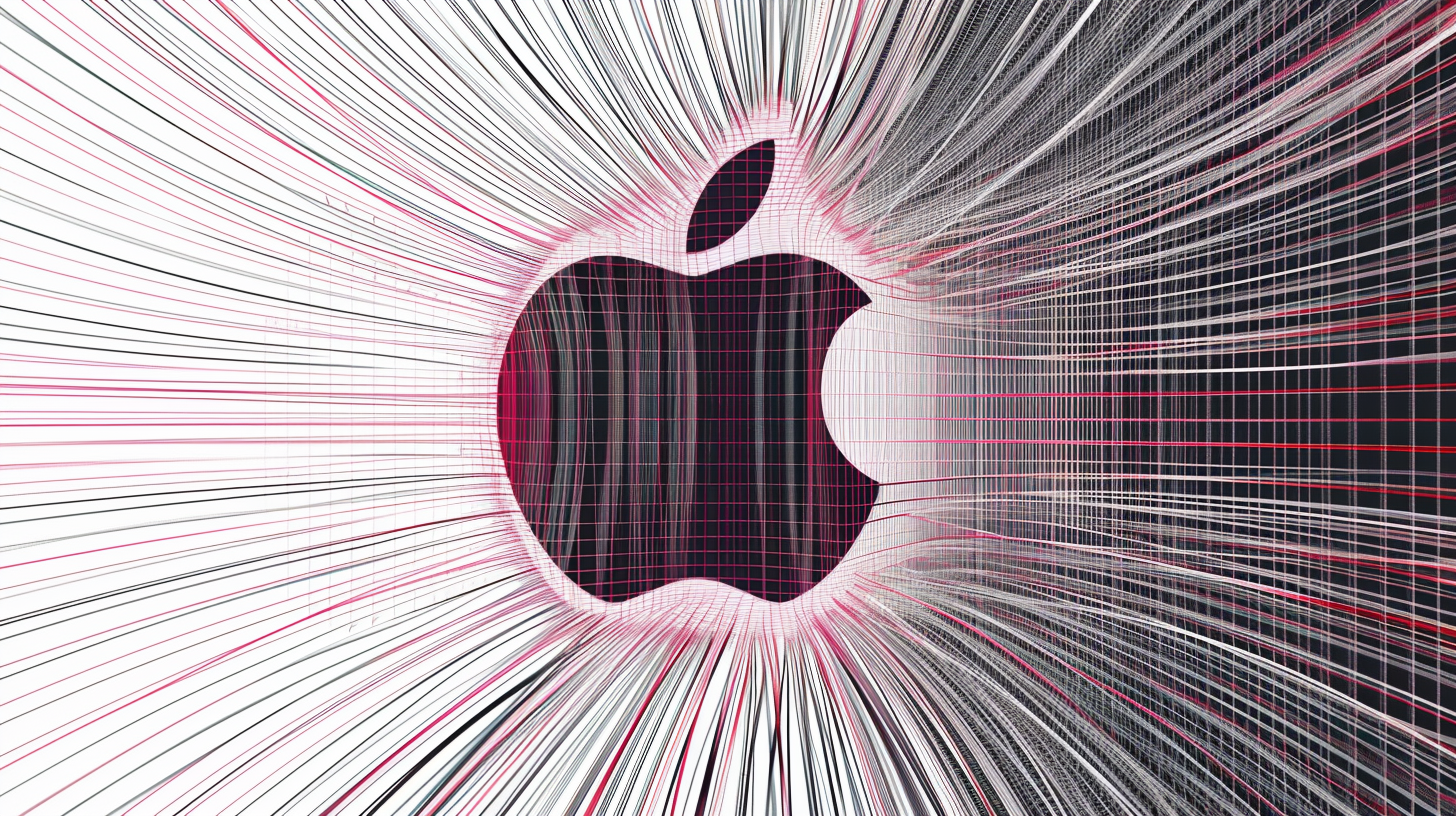Tim Cook tells Apple employees that AI is as pivotal as the internet or the smartphone

Update from August 3, 2025:
After the quarterly earnings call, Apple CEO Tim Cook addressed employees at a rare all-hands meeting in Cupertino, putting the company's AI strategy front and center.
According to Bloomberg, Cook described artificial intelligence as a turning point on the level of the internet or the smartphone. He admitted Apple is late to the game but said the company plans to invest aggressively: "Apple must do this. Apple will do this. This is sort of ours to grab."
Cook pointed out that Apple is rarely first to market—not with PCs, not with smartphones—but often defines the standard for what comes next. "This is how I feel about AI," he said.
Over the past year, Apple hired 12,000 new employees, with 40 percent joining research and development. Software chief Craig Federighi told staff that Apple is rebuilding Siri from the ground up on a unified architecture, with the new version expected in 2026. Apple is also developing its own AI chips and building a new data center in Houston.
Original article from August 1, 2025:
Under mounting pressure, Apple plans to increase its spending on artificial intelligence projects
Apple plans to ramp up its spending on artificial intelligence and take a more open approach to acquisitions as it faces mounting pressure from competitors and significant internal challenges.
During Apple’s latest earnings call, CEO Tim Cook announced that the company is investing significantly more in AI. Apple’s CFO Kevan Parekh added that much of the company’s current growth in spending is due to increased investment in AI.
Internally, Apple is shifting staff to AI-focused projects, aiming to integrate AI features across its platforms. The focus, according to the company, is on delivering personal, privacy-focused, and seamless user experiences. For infrastructure, Apple is relying on servers running its own chips under the name “Private Cloud Compute,” rather than hardware from vendors like Nvidia. Unlike Google or Microsoft, Apple doesn’t operate its own cloud infrastructure, instead using a hybrid model with partner solutions that are accounted for as operating expenses.
Apple’s cautious spending, but open to acquisitions
Cook also said Apple is open to acquisitions of any size if they support its AI strategy. So far this year, Apple has acquired around seven companies, mostly smaller firms, not all of which are AI-related. Apple’s largest acquisition to date was its $3 billion purchase of Beats Electronics in 2014.
Despite the increased spending, Apple remains conservative compared to other tech giants. The company invested $3.46 billion in capital expenditures during the June quarter, while Google, Meta, and Microsoft each plan to spend tens of billions. Cook also brushed off concerns that new AI devices could replace the iPhone, describing them as complementary rather than competitive.
Internal struggles and a shift in strategy
Apple’s announcement comes against a backdrop of serious internal issues. Reports point to technical setbacks and dysfunctional management that delayed the rollout of updated Siri features until 2026. Power struggles between John Giannandrea’s AI group and Craig Federighi’s software team reportedly stalled development, leading to a shakeup that put Federighi in charge of Siri. Apple has also struggled with a major shortage of computing power, forcing it to move away from its longstanding strategy of on-device data processing.
These problems triggered a massive talent exodus, with Meta luring away several key AI researchers with multimillion-dollar contracts. As a result, Apple is reportedly considering a major strategic shift, including talks with OpenAI and Anthropic about using their models for Siri. Under Federighi’s leadership, Apple is said to be open to integrating open-source models if they outperform its own efforts. The new investments and more flexible acquisition strategy appear to be Apple’s response to filling both strategic and personnel gaps.
AI News Without the Hype – Curated by Humans
As a THE DECODER subscriber, you get ad-free reading, our weekly AI newsletter, the exclusive "AI Radar" Frontier Report 6× per year, access to comments, and our complete archive.
Subscribe nowAI news without the hype
Curated by humans.
- Over 20 percent launch discount.
- Read without distractions – no Google ads.
- Access to comments and community discussions.
- Weekly AI newsletter.
- 6 times a year: “AI Radar” – deep dives on key AI topics.
- Up to 25 % off on KI Pro online events.
- Access to our full ten-year archive.
- Get the latest AI news from The Decoder.